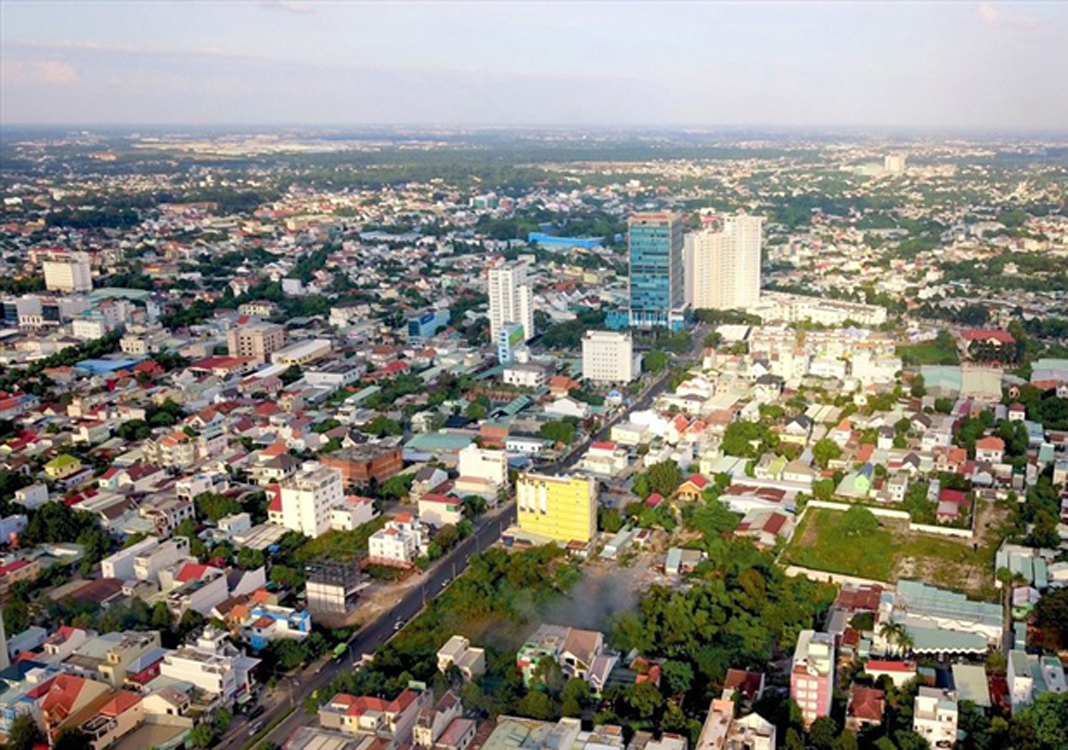HCMC – The southern province of Binh Duong overtook many large cities such as HCMC and Hanoi to report the highest per capita income in the country last year, at over VND7 million per month, according to the General Statistics Office.
The office’s survey on the living standards in 2020 showed that the per capita incomes of HCMC and Hanoi last year were VND6.54 million and VND5.98 million, respectively, news site VnExpress reported.
Five other localities, Dong Nai, Bac Ninh, Danang, Haiphong and Can Tho, also had monthly per capita incomes of over VND5 million each.
The country’s average per capita income was VND4.23 million, down some 2% from 2019. Meanwhile, the figure rose 8% in the 2016-2020 period.
In terms of regions, the southeastern region had the highest monthly per capita income, at over VND6 million, 2.2 times higher than that of the northern midland and mountainous region, which posted the lowest monthly per capita income, at VND2.75 million.
The monthly per capita income in urban areas was nearly VND5.54 million, 1.6 times higher than that in rural areas, at VND3.48 million.
The richest people, accounting for one fifth of the country’s population, had an average monthly per capita income of VND9.1 million, eight times higher than that of the poorest with an average per capita income of VND1.14 million.
The General Statistics Office also informed that the income structure had changed in a positive manner as 55% of the income was from laborers’ salaries and 11% from agro-forestry-fishery activities.
Last year, the monthly spending of households nationwide increased 13% over 2018 to VND2.89 million per person. The growth rate was lower than that in 2018 (up 18% over 2016), proving that local residents have been severely affected by Covid-19.
However, the number of poor families fell thanks to social welfare policies.









